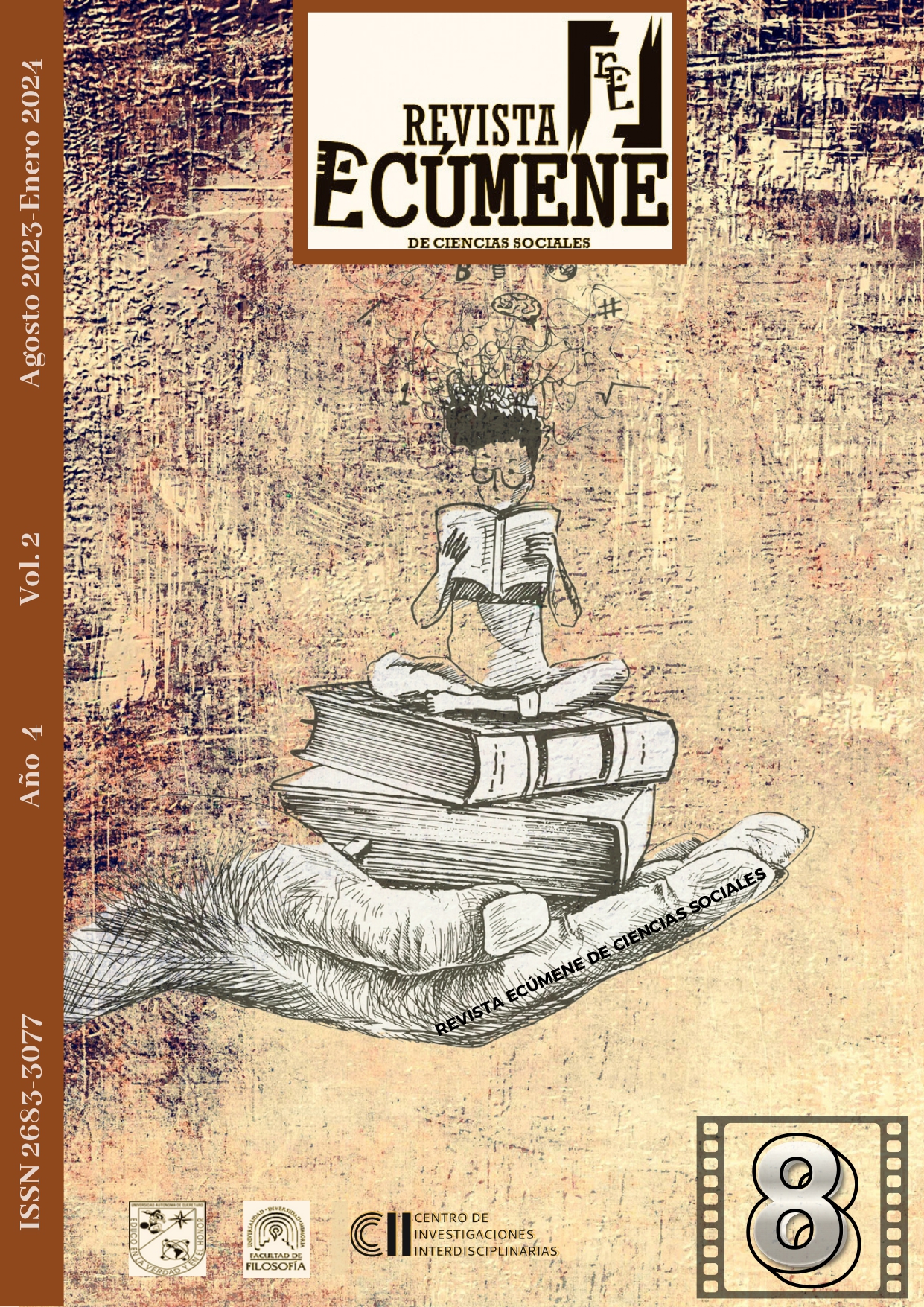Abstract
This research addresses the relationship between urban regeneration and the night-time economy in the city of Culiacán. The construction and operation of the investigated area is described, analyzing urban regulations related to night-time activities and evaluating their impact on the pandemic period. The methodology used includes interviews with night visitors, public officials and businessmen linked to the night-time economy. The results show that, although the regeneration has promoted night establishments, it has not had a total effect on the development of the place; There is also an adaptation of business strategies to urban changes, limited by the time since their installation; Consequently, the pandemic period has had a severe impact, but there are signs of recovery. This leads to the conclusion that the importance of demonstrating how urban regeneration can boost urban areas in decline is highlighted, influencing economic aspects and the physical environment; It is also suggested that the promotion of artistic and cultural spaces can be an alternative to revitalize regenerated areas in commercial stagnation and use of public spaces.

This work is licensed under a Creative Commons Attribution-NonCommercial-ShareAlike 4.0 International License.
Copyright (c) 2024 Revista Ecúmene de Ciencias Sociales

